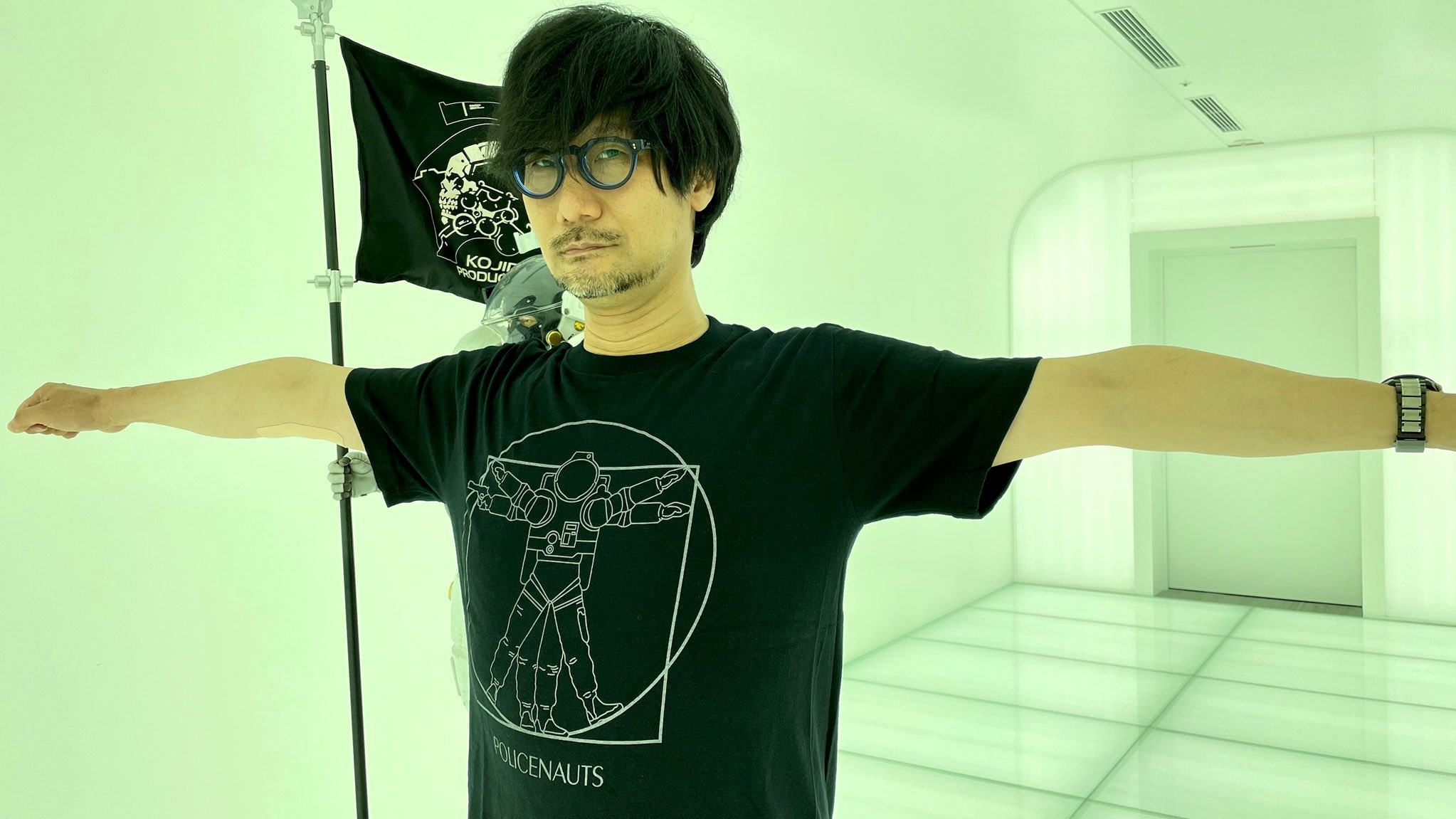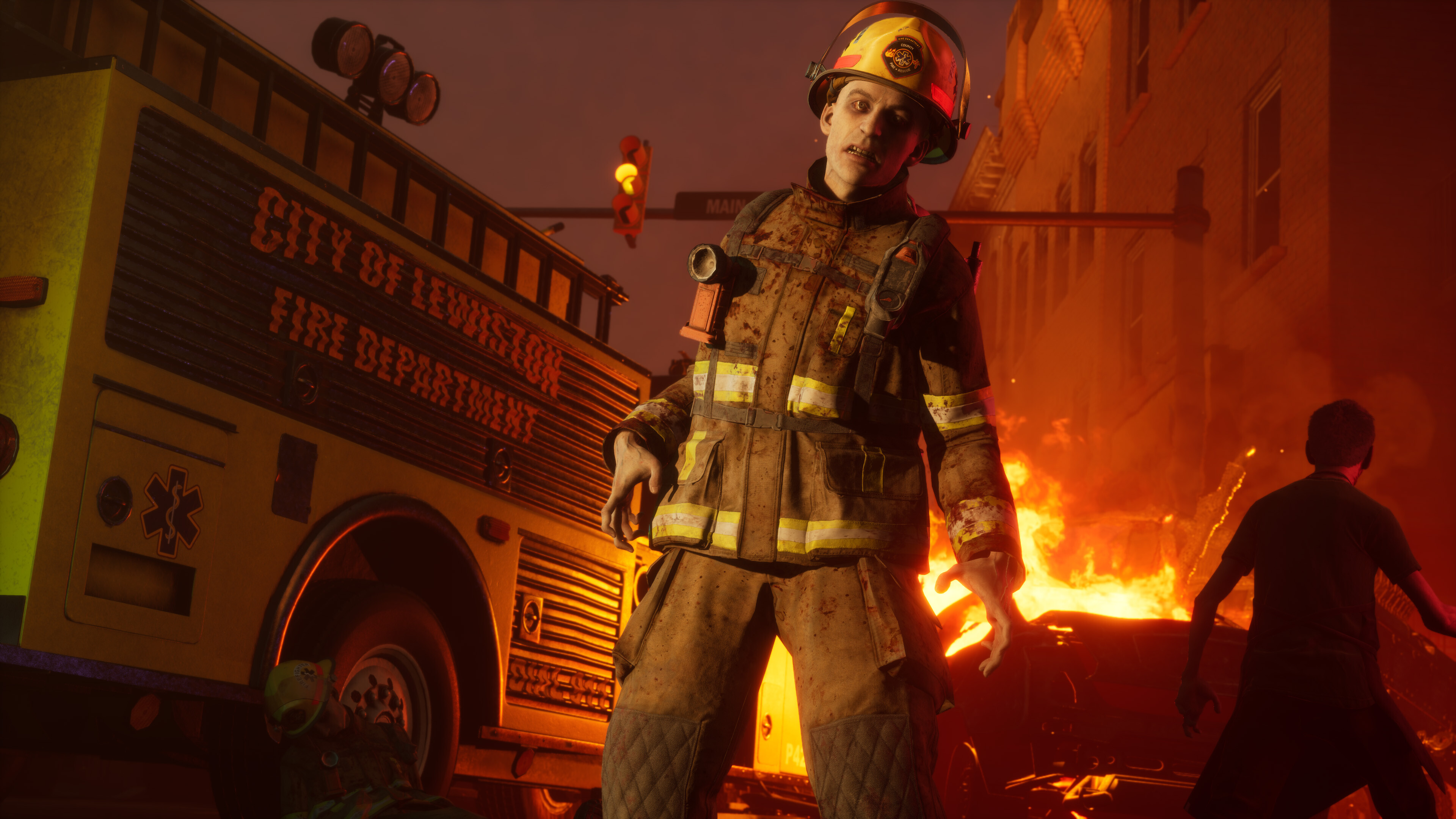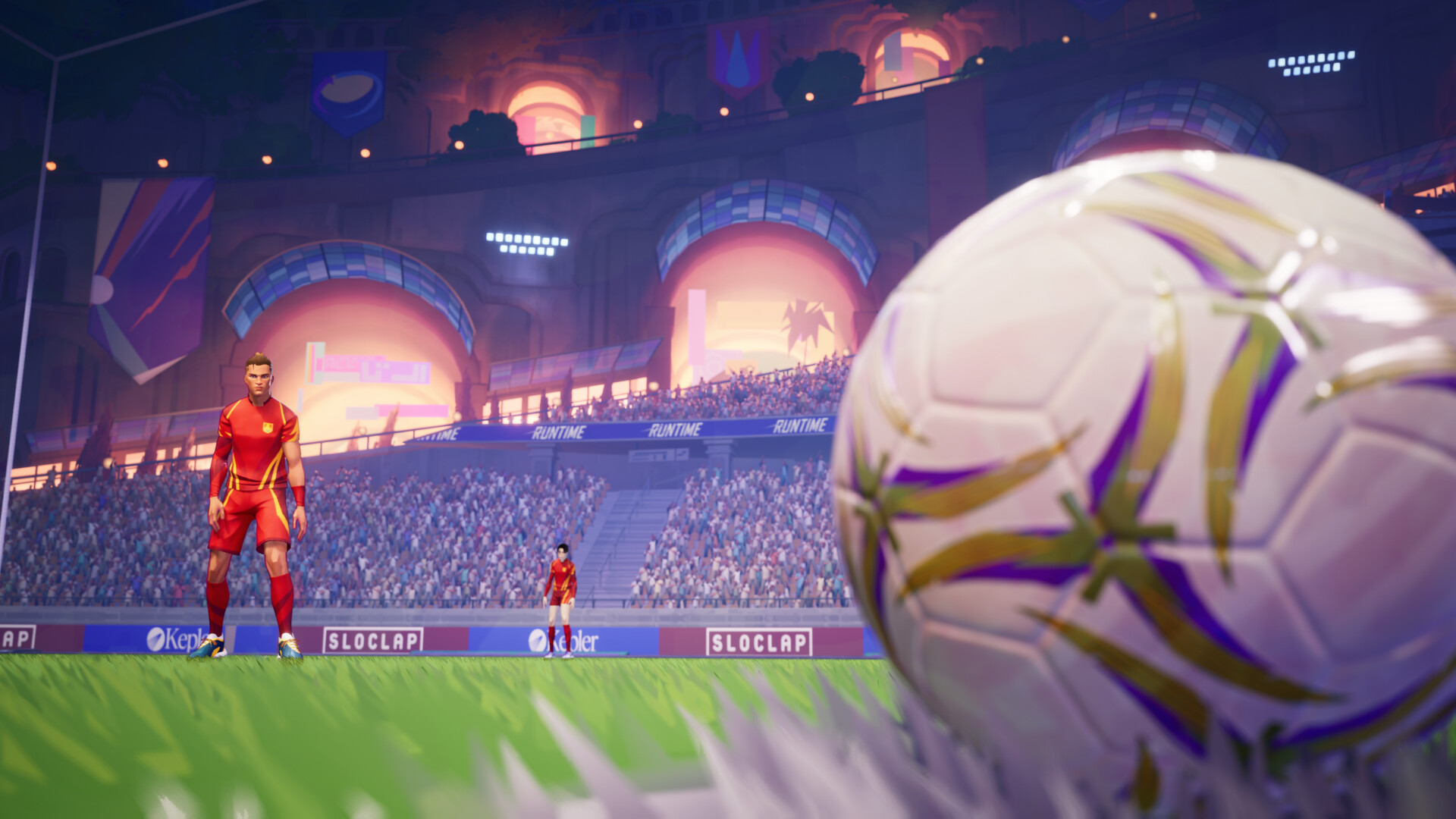
The original's a great adventure game that almost no one in the west has played.
Hideo Kojima is best known for the Metal Gear series, and latterly Death Stranding, but among his early work are two standout games that have never really received much love from publisher Konami: Snatcher and Policenauts. These graphic adventure games are in loosely the same lineage, with the first being basically a Blade Runner riff and the latter a more ambitious adventure-conspiracy built around the notion of police astronauts: the individuals who keep order in humanity’s space colonies.
Policenauts was released in 1994 and, somewhat unbelievably, given Kojima’s subsequent career, has never been released outside of Japan. A localisation was begun at one point but was later cancelled, and it was left to fans to belatedly bring the game to English-speaking players, with a 2009 patch for the Japanese PlayStation version. The game follows astronaut Jonathan Ingram and explores themes that may sound familiar—social isolation, technological advances, space travel’s impact—via essentially a galactic cop drama.
In other words: if you like Hideo Kojima’s work, you’ll probably find something here to like. And even if you don’t have time to play it, you can see at-a-glance how influential this game has been on Kojima’s subsequent path: just look at the visual designs and how the contemporary Kojima Productions presents its mascot and mission. This game marks the first time Kojima worked with Yoji Shinkawa, who’s defined the look of Kojima’s games ever since.
“I miss the ‘POLICENAUTS’ actuality,” writes Kojima, presumably meaning the universe he created for the game. “I completed the planning, setting, story, storyboard, and commands, but it was in 1990, so 32 years ago. After that, I had to transfer to the other department, and full-scale production was delayed”.
Policenauts would spend four years in development, and the final product reflected what was going on in Japan at the time, including a public debate over organ donation. “Space development and the medical scene had changed drastically” said Kojima. “At that time, no one even imagined that a private company would go into space. However, Japan did not have a division of labor in dispensing and prescribing at that time.”
The game remains stubbornly unavailable and your only real option for playing it is emulation, which seems bonkers: Konami’s simply leaving money on the table with this one. What did it for Policenauts, though, was not its own reception so much as what came next for Kojima: 1998’s Metal Gear Solid was such a hit that this series would dominate his output for the best part of two decades.
Turns out, though, that the director did once concept a Policenauts 2. “I was thinking of a sequel where Redwood comes back to earth (home) for revenge, but it never happened,” writes Kojima. Tony Redwood is the main antagonist of the game, another high-ranking space cop (who, for bonus evil points, has killed your ex-wife), who at the end of Policenauts ‘dies’ by jumping to his death with a maniacal laugh. In the game, Earth is called home while the space colony is called Beyond Coast (in fact Policenauts’ working title was Beyond, until Konami realised it couldn’t trademark the word).
So: Policenauts was a game about a cop on a space colony unravelling a big criminal conspiracy, and the sequel would have been the return to Earth with the villain in tow. There are a lot of might-have-beens in gaming history, but this is a sad one: especially as Kojima’s two previous games in this lineage are so inaccessible. One can only hope that the director’s profile and contemporary reputation mean that Konami eventually does the right thing: even if it missed its chance to bankroll the sequel.




